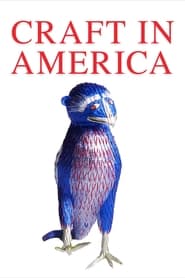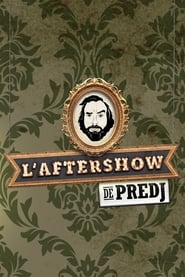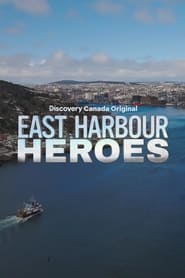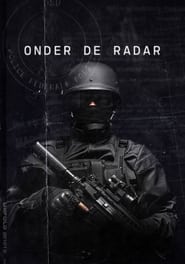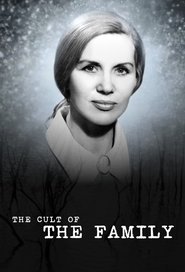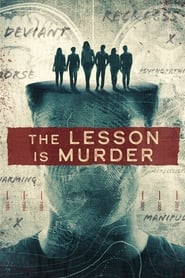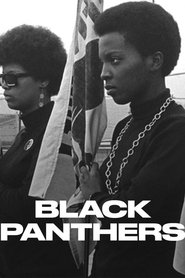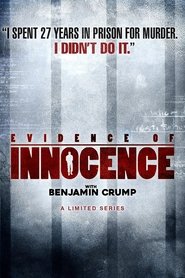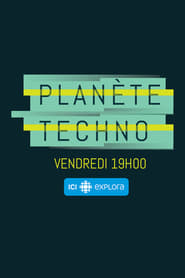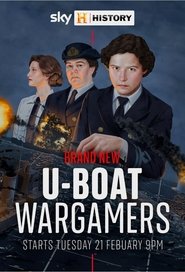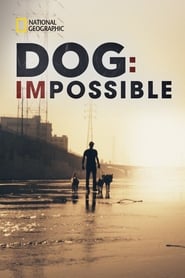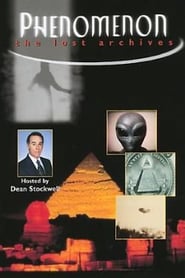Documentary TV Series - Page 342
-
Craft in America
2007
Craft in America
2007
Explore the vitality, history and significance of the craft movement in the United States and its impact on our nation's rich cultural heritage. Capturing the beauty, creativity and originality of craftsmanship, the show highlights artists and explores the inter-relationship of what they do, how they do it and why they have chosen a life of creating art. -
L'Aftershow de Predj
2020
L'Aftershow de Predj
2020
-
East Harbour Heroes
2023
East Harbour Heroes
2023
star 10Follows the non-stop, courageous work of the people tasked with keeping the shipping lanes clear, container ships stocked, and the goods flowing in and out of the harbour of St. John’s, Newfoundland. -
Kindergarten
2001
Kindergarten
2001
star 6.5Series that gets inside the hearts and minds of 23 real-life kindergarten students as they test the waters of academia for the first time. -
Pilgrimage of Wealth 2
2013
star 10Watch host Tony travel around the world and enjoy luxurious tourism with his companion Priscilla Wong. Destinations includes South Korea, Singapore, Shanghai etc. They enjoy what good money can buy, including great food, wine tastings, local culture. -
Under the Radar
2023
Under the Radar
2023
star 8An exclusive insight into the work and recruitment of the special units of the Belgian Federal Police. Through testimonies and reconstructions, 'Under the Radar' also takes a closer look at a number of striking operations from the past. -
The Cult of The Family
2019
star 7A three-part investigation that chronicles the rise and fall of Australia's most notorious cult, The Family and its strange but charismatic female leader, Anne Hamilton-Byrne. -
Cooked
2016
Cooked
2016
star 7.2Explored through the lenses of the four natural elements – fire, water, air and earth – COOKED is an enlightening and compelling look at the evolution of what food means to us through the history of food preparation and its universal ability to connect us. Highlighting our primal human need to cook, the series urges a return to the kitchen to reclaim our lost traditions and to forge a deeper, more meaningful connection to the ingredients and cooking techniques that we use to nourish ourselves. -
The Lesson Is Murder
2023
The Lesson Is Murder
2023
star 7Psychological criminologist and ex-FBI special agent Dr. Bryanna Fox and her class of graduate students study convicted murderers; they evaluate their personality traits and develop psychological profiles. -
Tanıklar
2014
Tanıklar
2014
-
Black Panthers
2020
Black Panthers
2020
star 8Criticized, admired and feared: The Black Panther Party, founded in California in 1967, declared violent wars against racism and oppression. The two-part documentary looks behind the scenes of the legendary group, which emerged as a mouthpiece for African Americans during a time of social upheaval and soon attracted worldwide attention, but also the resentment of the government. -
Evidence of Innocence
2018
star 5In response to the national headlines regarding the racial injustice in America's justice system, instead of focusing on the negative aspects, this show tells the story of how the wrongly accused maintained their faith while waiting on the opportunity to prove their innocence. -
Planète techno
2014
-
六重奏
2024
六重奏
2024
-
U-Boat Wargamers
2023
U-Boat Wargamers
2023
star 6.8January 1943: Admiral Karl Dönitz, head of the Nazis’ U-boat fleet, has brought Britain to the brink of starvation by ruthlessly destroying close to a thousand of their merchant ships. If the transatlantic shipping route is cut off, the Allies will lose their last foothold in Western Europe. The Royal Navy turns to retired war gamer Gilbert Roberts. Roberts is to use war gaming to try to decipher and combat Dönitz’s tactics. To do this, he needs a team, but the Navy can’t spare any men. Instead, he risks the ridicule of high command by turning to the Women’s Royal Navy Service (WRNS) to war game the U-boats’ tactics. In partnership with Jean Laidlaw, one of Britain’s first female chartered accountants, and a small team of resourceful female mathematicians, Roberts acts out naval battles and games the U-boats’ moves on a linoleum floor, using chalk and wooden model ships. -
Dog: Impossible
2019
Dog: Impossible
2019
star 7.7Dog behavior specialist Matt Beisner and his team help owners learn how to handle their aggressive and misunderstood animals, and rescue and rehabilitate dogs from local shelters that have been turned away by other facilities. -
Les 5 Prochains
2011
Les 5 Prochains
2011
-
Phenomenon: The Lost Archives
1998
star 8A recently unearthed repository of materials formerly classified by the secret government....The Phenomenon Archives. This series covers the taboo subjects which have had light shed on them by pouring over the materials in this repository. -
Prochain arrêt
2010
Prochain arrêt
2010
